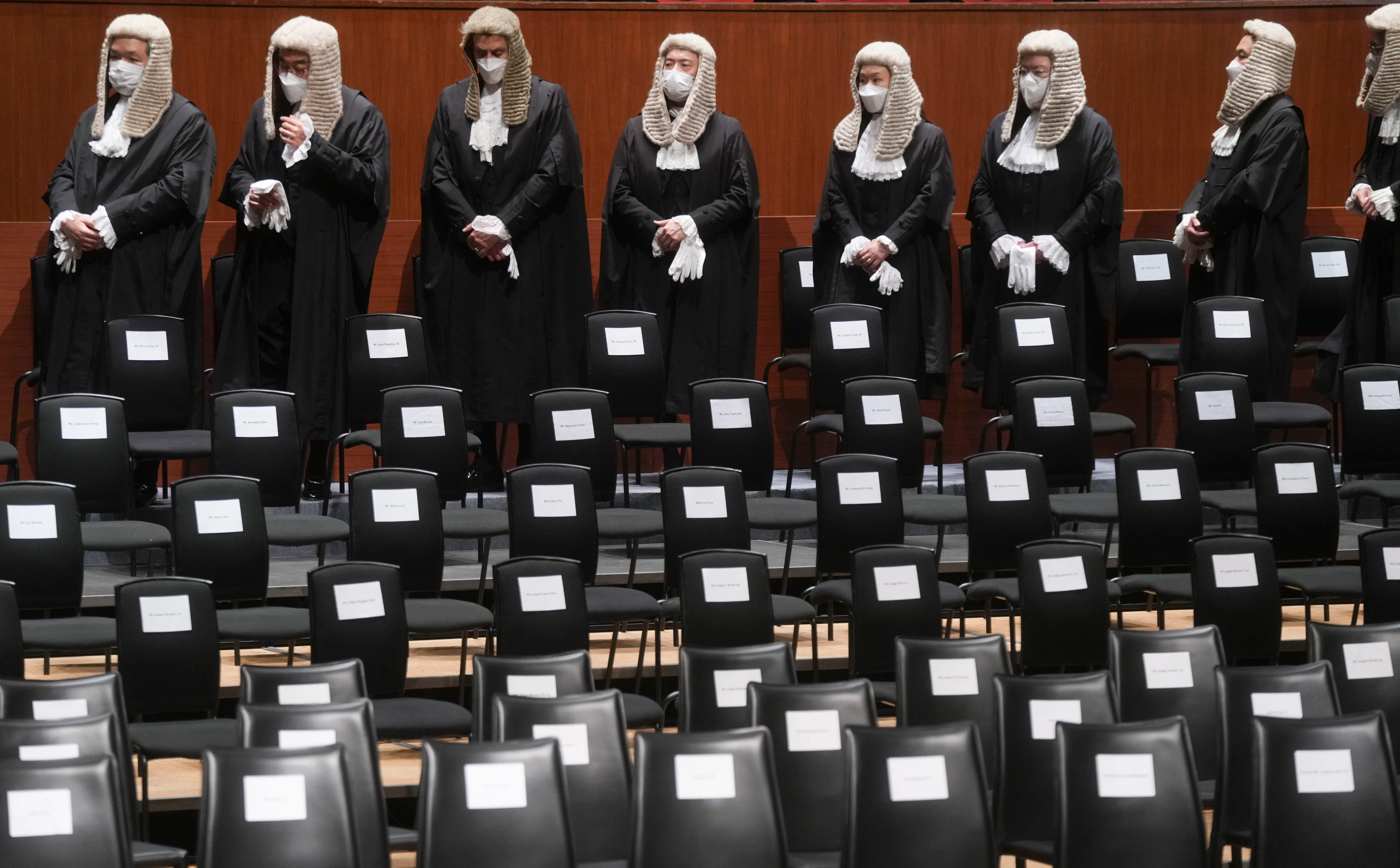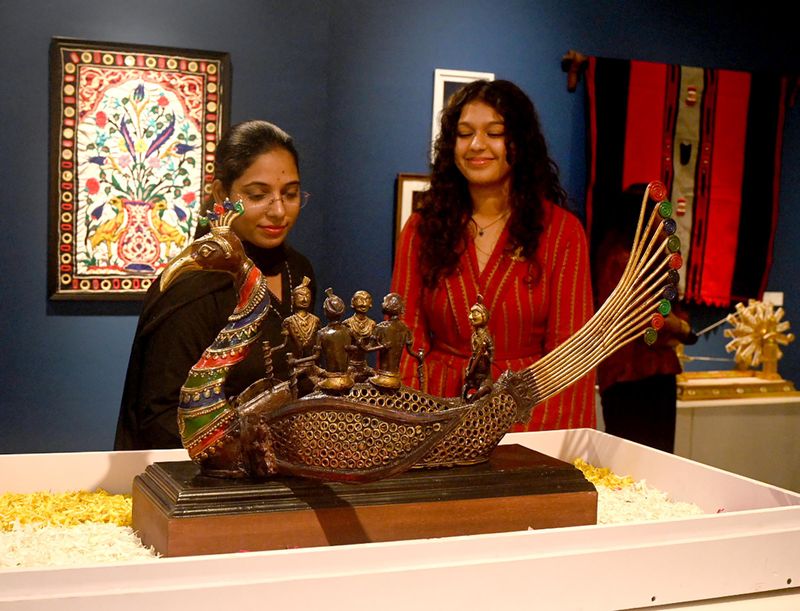
A panel of speakers gathered at the State Museum of Pennsylvania on Thursday evening to answer questions about Harrisburg’s Group Violence Intervention (GVI) program.
Dennis Owens, longtime abc27 news anchor, moderated the event, asking the panel members questions about the importance of the GVI, how they plan to make the program a “household name,” and ways to build trust with community members.
GVI has successfully cut down on violent crime in other cities across the country, including York. The program focuses on a small percentage of people responsible for the bulk of violent crime and offers them resources to improve their lives.
Jody Coleman, a parent affected by violent crime, said the process starts with validating those who have survived violence and helping connect them with the help they need.
“People start to heal the moment they feel heard,” Coleman said.
Tiff Lowe, the GVI York project manager, said college degrees and other accolades aren’t enough to have meaningful conversations with youth who are on the wrong path.
That’s where “Credible Messengers,” people who were previously in gangs, incarcerated or survived a life of violent crime, hope to use relatable life experiences to make change.
The goal is to have at-risk youth receive credible, moral messages condemning violence from people they can relate to. Those messages also come with warnings from law enforcement about future violence, while at the same time providing support for those who want it.
Angelo Craig, Harrisburg’s GVI project manager, said he has been working with incarcerated people who are passionate about ending the cycle of violence. He also noted the importance of matching “Credible Messengers” with at-risk youth who have common ground.
Pastor Derrick James, of Zion Lutheran Church, said the community at large needs to step up.
“The issue we have in our community is people don’t care enough anymore,” James said, while explaining the difference between a desire to have an impact and actually committing to making change.
“Show people what caring looks like,” said James.
Although the GVI program has worked in other cities, James said Harrisburg’s program needs to harness its own identity.
“Look at Harrisburg as an isolated island,” James said. “What works somewhere else may not work here.”
Lowe responded, saying she knew she couldn’t “ride coattails” when she took control of York’s GVI program, a role that impacted her personal and family life.
“Everything I was losing, my city was gaining,” Lowe said. “I’m coming Monday through Sunday to give you a pair of socks. I’m coming Monday through Sunday when someone gets shot. I’m coming around with your mom when they tell you that, well, ‘She’s dead,’ or ‘He’s dead.’ The buy-in is blood, sweat and tears.”
Lowe also said the very people who will utilize the GVI program need to be included in these conversations.
“This room should be filled with them [people who will use GVI],” she said. “If my community is not in here so that I know what they need, then we’re just in here coming up with all these grand ideas of what we think they need.”
As for balancing trust between the community and police, Coleman suggested investing in more intense officer training.
Harrisburg Police Commissioner Thomas Carter said officers need to be better educated on how to show the community they are there to help.
“It’s up to the police to educate people, to let them understand that we’re not there to harm them, we’re there to be a resource for them and to them,” Carter said.
Carter also said the efforts to stop violence are especially important with younger children.
“Deterrence is something that has to start at a very young age,” Carter said. “They [at-risk youth] feel that nobody cares for them, nobody loves them.”
“We have to learn to relate to people, to understand people. And the police have to be there as a resource, because we all know that locking up people does not work. Because the prisons are overrun with people behind bars right now,” Carter said.
Tamika Jackson-Butts, president of the Pennsylvania State Nurses Association, said everyone plays a role in helping end violence.
“The community drives how these individuals act,” Jackson-Butts said. “We need to see the person, not the crime.”
Bayah Thomas spoke briefly during the event about his path from violent crime to a reformed life. Thomas founded the Love of Life Foundation — where he works as a “Reentry Specialist” — which addresses poverty, crime and the school-to-prison pipeline.
“I’ve been around here. I faced the death penalty. I survived 25 years in the penitentiary,” Thomas said. He also spoke about a lack of funding among community programs, learning to love yourself and creating chances to make progressive change.
“We need you in this community,” Lowe said to Thomas.
Stephen Bishop, associate director for probation and system transformation with the Annie E. Casey Foundation, said it is important to focus on the root causes of violence and create a “restorative culture,” especially with repeat offenders.
Bishop also said a limited pool of nonprofit funding results in “chasing the dollar” instead of getting important work done.
Despite the optimism expressed on Thursday from the panel, the GVI program is not without its critics.
Kariem Morssy, of the Dauphin County Bail Fund, said directing funds to restorative justice programs, school programs and harm reduction efforts would better serve the community.
However, Morssy noted the GVI program shares similarities with CureViolence, a nonprofit he said had success in Chicago.
CureViolence aims to train carefully selected community partners and credible messengers to stop the spread of violence through community-based public safety methods.
Several elected officials were in the audience Thursday evening, including state Sen. Patty Kim, state Rep. Dave Madsen, Dauphin County District Attorney Fran Chardo and Harrisburg Mayor Wanda Williams.
A moment of silence was also held at the beginning of the meeting to honor the officers killed and injured in York County last week.



